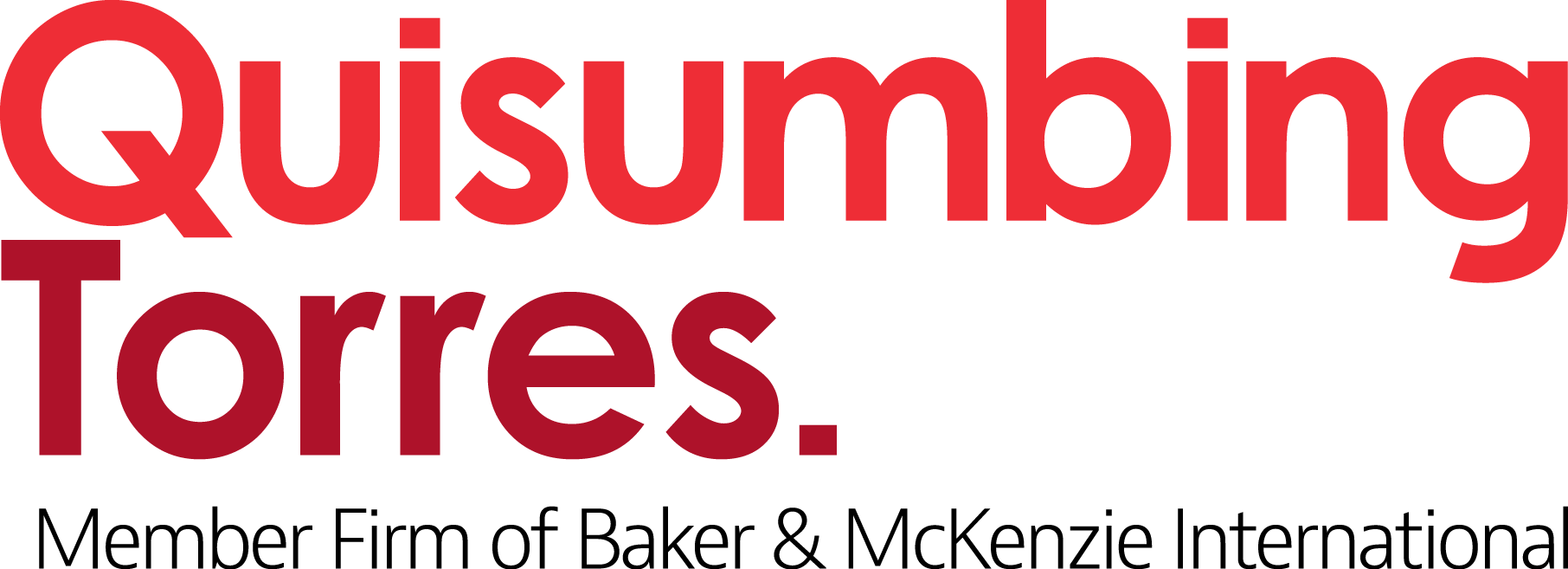On 9 June 2025, the Philippine Congress ratified the bicameral conference committee report on the Konektadong Pinoy Act (KPA), marking a significant milestone in the country’s push for universal, affordable, and high-quality internet access. The bill, which was previously certified as urgent by the president, is now poised for enactment into law.
In more detail
The KPA aims to establish a comprehensive and inclusive data transmission and connectivity framework that would narrow the digital divide and foster a competitive, open-access environment in the telecommunications sector. It seeks to modernize the country’s digital infrastructure by encouraging investment, promoting infrastructure sharing, and ensuring fair competition. In pursuit of the foregoing, the KPA will:
- Institute a straightforward registration requirement for data transmission industry participants (DTIPs)
- Repeal the congressional franchise requirement for DTIPs
- Allow DTIPs to deploy satellite technology and use associated spectrum in any or all segments of their broadband network without the need for a lease or rent capacity from public telecommunications entities (PTEs)
- Mandate the formulation of the Spectrum Management Policy Framework (SMPF) to prescribe the national policies and guiding principles that govern the management of spectrum, including, among others, spectrum valuation and pricing, spectrum allocation, and spectrum assignment for public, private, and government use among other measures.
The KPA was previously recognized as a priority measure by the Legislative-Executive Development Advisory Council (LEDAC). Having been certified as urgent by the president on 27 January 2025, the bill has passed three readings in both houses and has been approved by Congress. The only remaining step is for the KPA to be acted on by the president, which is expected by the end of July 2025.
Taken together with the earlier Public Service Act amendment, which removed the 40% foreign ownership investment cap on the telecommunications sector (our previous client alert regarding this law may be accessed here), the passage of the KPA will remove all significant legal barriers to entry into the Philippine data transmission sector by foreign players.
Key takeaways
Companies (particularly those that are foreign-owned) that are seeking to enter the data transmission sector in the Philippines are advised to monitor and prepare for the imminent passage of the KPA. We are monitoring further action on the KPA by the Office of the President.

Please contact QTInfoDesk@quisumbingtorres.com for inquiries.




